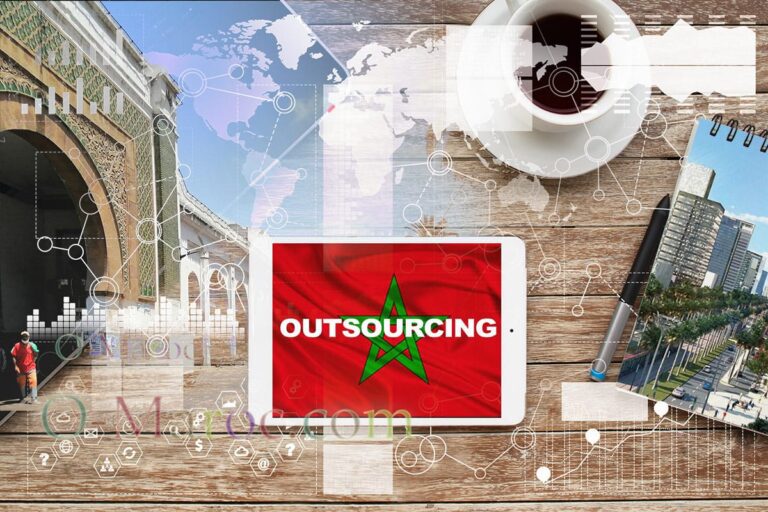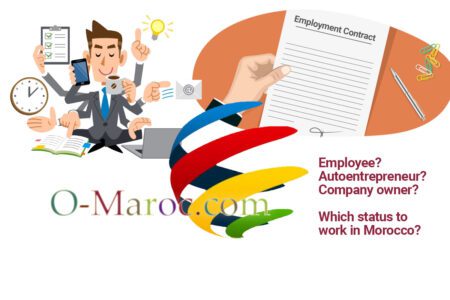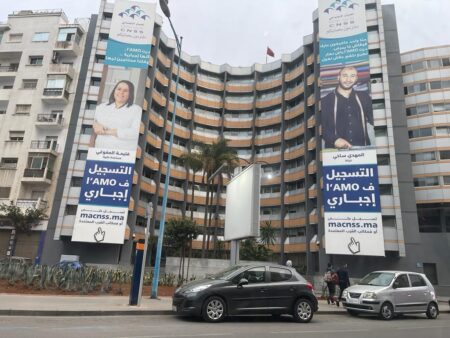Five years ago, we warned you about a few business ideas to avoid, for various reasons: too much competition, too many medium-term risks. The first of these ideas was called “a riad in Marrakesh” (or elsewhere).
The current crisis has sadly proved us right, by highlighting the structural threats and internal weaknesses of Moroccan tourism, and therefore the very high level of risk involved in these activities, if you don’t have the necessary savings to keep your head above water for a long time.
If you’re not in tourism, fortunately there are sectors where you can develop a profitable business in Morocco, as long as you have the necessary knowledge and experience.
We have selected four sectors where it is still possible to invest in Morocco, subject to certain conditions:
- Offshore and remote working
- Agribusiness
- Consulting, particularly in banking / finance / insurance / processes
- Sourcing
We will go through these sectors in four posts, and then we will tell you about regulated sectors, which are certainly profitable, but where setting up is going to be difficult!
Offshore and its little sister remote working have long been one of Morocco’s strategic sectors. Unfortunately, with Covid, it is becoming increasingly common to work remotely. It’s also an opportunity, because many prospects who didn’t like the idea of working remotely have been forced to adapt to the situation. They’ve discovered that it’s not as complicated as all that.
Creating a call centre
While we still believe that the call centre market has largely been taken over by large operators, there are still niches in which it is possible to gain a foothold, particularly in foreign language operations, mainly in English: it is especially difficult to find operators with a command of the language, which is why the market is still open.
Medium-sized call centres (between 100 and 1,000 jobs) can still make a decent living.
As Morocco is not an English-speaking country, your potential customers are those with multilingual needs. So you’ll essentially be working as a subcontractor for a large centre.
This means lower margins, of course, but if your service is good, you’ll be paid well.
In any case, call-centre management can no longer be improvised in Morocco, so if you’re not, as they say, a “professional in the profession”, don’t try. What’s more, the big Moroccan call-centres are themselves outsourcing, with platforms of several thousand positions in Abidjan or Dakar.
Outsourced operations
Different from a call centre, decentralised operations cover tasks such as remote assistance and secretarial work, bookkeeping, and so on. The type of profile to be recruited is very different from that of a call-centre employee, who will be more highly qualified, and the prices for this type of service in Morocco are still very competitive compared with Europe.
This is also a business that you can start to set up locally, before moving to Morocco.
Offshore production
Morocco is also a country of industrial off-shoring, on both a large and small scale. You may have to be Renault to set up a factory in Tangiers, but there are many SMEs working in the textile sector.
The Moroccan craft sector, particularly leather, can also work on modern, quality products. In particular, there are several production units in Casablanca that subcontract the manufacture of major French brands at the top end of the market. If you have expertise in this field, why not give it a go?
Technomade: remote freelance
Being a technomad is not the same thing as offering a service: it’s simply a matter of working remotely, taking your business with you. Whether they’re in Morocco or Argentina, as long as they have a good internet connection, they can communicate with their customers. The ‘structure’ is very light, and requires nothing more than a table to put your PC on and a comfortable chair.
The simplicity of setting up a company in Morocco, the good quality of the internet (which wasn’t there fifteen years ago, when we first set up) and the availability of free WiFi in many cafés (here too, what a change…) make Morocco the country of choice for setting up shop. The situation has changed for the better, compared with the post I wrote on technomads in Morocco five years ago.
However, if the ‘nomad’ part is important to you, you should be aware that leaving Morocco legally after having been a resident can be a bit complicated. In this case, it may be better not to set up a company locally and avoid applying for a residence permit. Under normal circumstances (excluding Covid, that is), you just need to leave every three months.
 A typo or syntax error? You can select the text and hit Ctrl+Enter to send us a message. Thank you! If this post interested you, maybe you can also leave a comment. We'd love to exchange with you !
A typo or syntax error? You can select the text and hit Ctrl+Enter to send us a message. Thank you! If this post interested you, maybe you can also leave a comment. We'd love to exchange with you !




